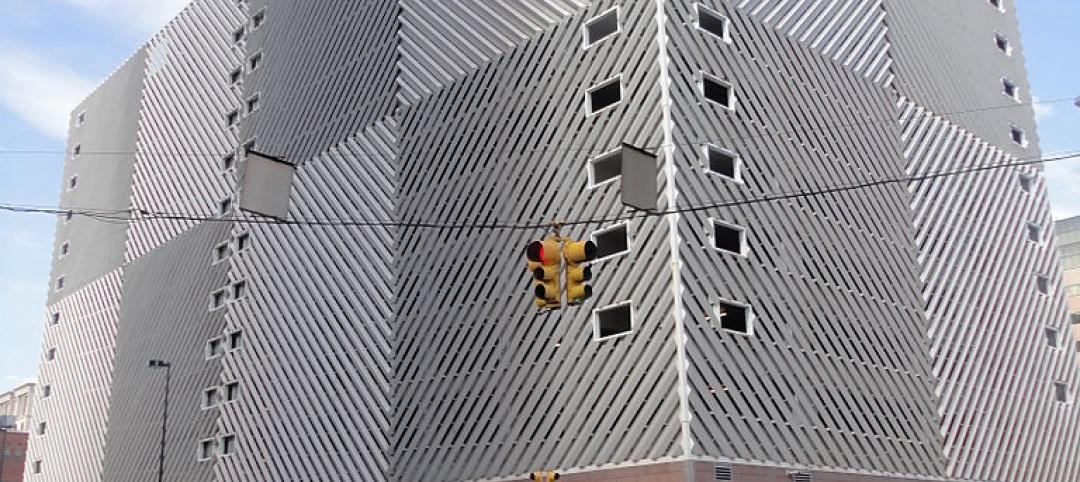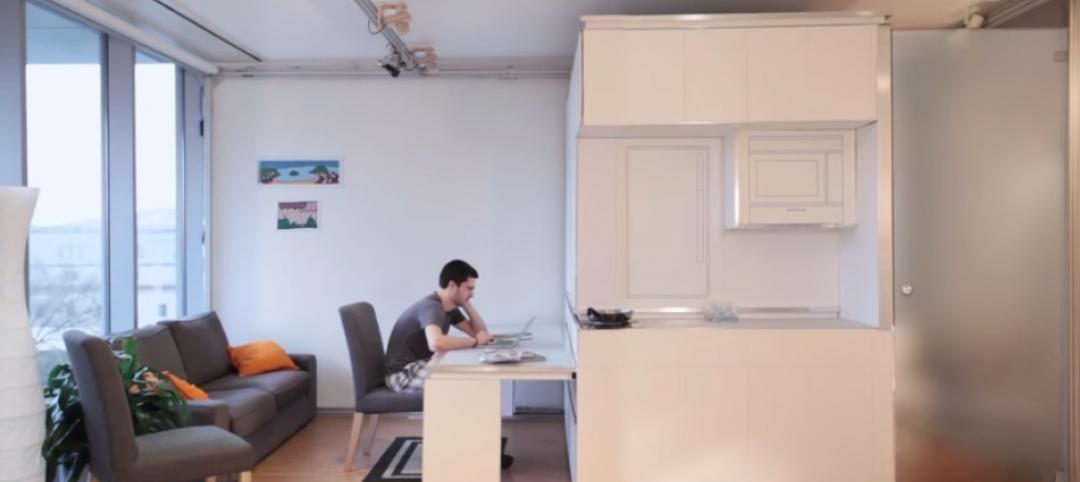As part of a push to retire the term “intern,” the Intern Development Program (IDP) will be renamed the Architectural Experience Program (AXP), effective June 29, 2016.
Developed by the National Council of Architectural Registration Boards (NCARB), the program is designed to guide aspiring architects through the early stages of their career so they can earn a license and practice architecture independently.
This decision was enacted by NCARB’s Board of Directors and is the result of over a year of research and outreach by various NCARB committees. Based on the recommendations of its Future Title Task Force, NCARB announced in May it would sunset the term “intern,” while preserving the title “architect” for licensed practitioners.
“Renaming the IDP is another step in realigning our programs to better reflect current practice and terminology,” said NCARB President Dennis Ward, AIA, NCARB. “For example, one firm may refer to a non-licensed employee as a ‘senior designer’ while another uses the title ‘project manager.’ Yet, neither is likely to introduce that individual to clients as an ‘intern.”
Since each state sets its own requirements for licensure, the program’s new name will carry an important caveat: “formerly known as the Intern Development Program, or IDP.” This language will accommodate existing laws or rules that refer to the program’s current name. Similarly, while NCARB will continue to refer to those working toward licensure as “aspiring architects” or “exam candidates,” licensing boards have the authority to prescribe their own terminology for unlicensed professionals.
The June launch of the new name will accompany the program’s realignment of experience areas. Over the next several months, NCARB will work with state licensing boards and the architectural community to implement these changes.
Click here for more information.
Related Stories
| Jun 2, 2014
Registration is open for 2014 BUILDINGChicago/Greening the Heartland Expo and Conference
BUILDINGChicago is a major conference and trade expo serving architects, engineers, contractors, property owners, real estate developers, government officials and community organizations in the Midwest.
| Jun 2, 2014
Nonresidential construction spending expands in April
Ten of 16 nonresidential construction subsectors posted increases in spending in April, according to the latest U.S. Census Bureau data.
| Jun 2, 2014
Parking structures group launches LEED-type program for parking garages
The Green Parking Council, an affiliate of the International Parking Institute, has launched the Green Garage Certification program, the parking industry equivalent of LEED certification.
| Jun 2, 2014
SOM unveils plans for Miami transit hub
The elevated station will be a key portal within All Aboard Florida’s rail system, the nation's only privately owned, operated, and financed rail network.
| Jun 1, 2014
Architect license upon graduation? NCARB aims to accelerate licensing process
Incorporating internship and examination requirements into university education, the regulatory organization looks to simplify and shorten the licensing process.
| May 30, 2014
MIT researchers create 'home in a box' transformable wall system for micro apartments
Dubbed CityHome, the system integrates furniture, storage, exercise equipment, lighting, office equipment, and entertainment systems into a compact wall unit.
| May 30, 2014
Riding high: L.A., Chicago working on their version of the High Line elevated park
Cities around the U.S. are taking notice of New York's highly popular High Line elevated park system. Both Chicago and Los Angeles are currently working on High Line-like projects.
| May 30, 2014
Developer will convert Dallas' storied LTV Building into mixed-use residential tower
New Orleans-based HRI Properties recently completed the purchase of one of the most storied buildings in downtown Dallas. The developer will convert the LTV Building into a mixed-use complex, with 171 hotel rooms and 186 luxury apartments.
| May 29, 2014
Turn your pen-and-paper sketches into digital drawings in seconds with this nifty gadget [video]
Funded through Kickstarter, iSketchnote uses a smart pen to instantly digitize hand-written notes and drawings.
| May 29, 2014
7 cost-effective ways to make U.S. infrastructure more resilient
Moving critical elements to higher ground and designing for longer lifespans are just some of the ways cities and governments can make infrastructure more resilient to natural disasters and climate change, writes Richard Cavallaro, President of Skanska USA Civil.















